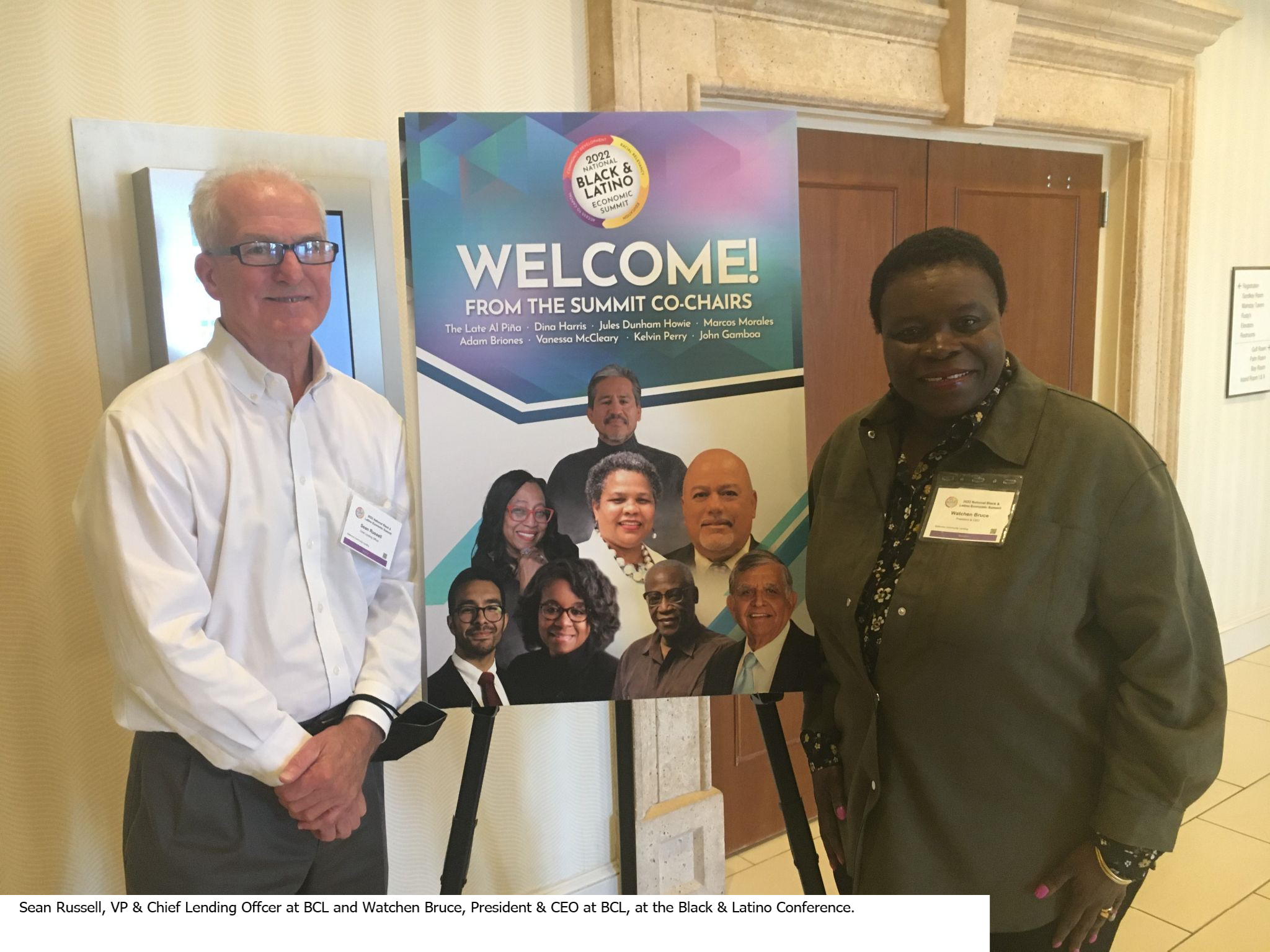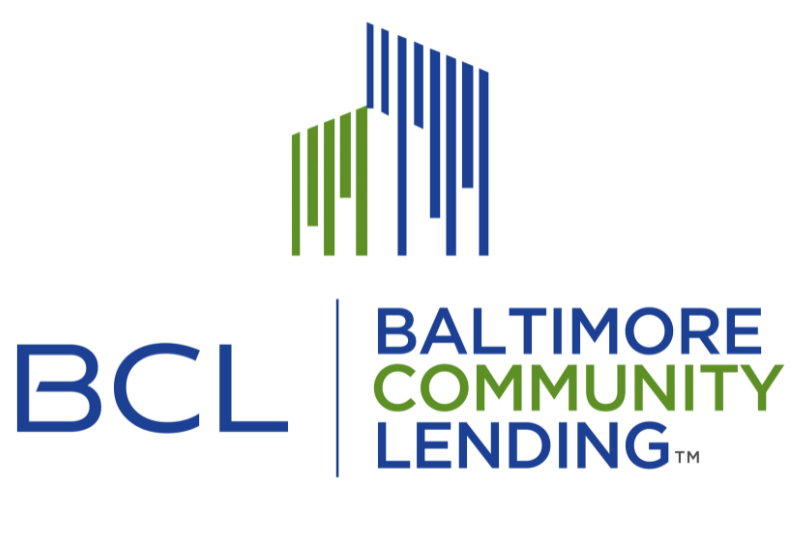
Attendees from all over the country participated in panel talks, workshops, and meet-and-greets addressing the issue. It was a powerful experience having representatives from lending institutions in the same space as small business owners and community developers, the majority of whom were Black or Latino. It was a significant opportunity for executives and community members to share their stories and to listen and learn from one another. From these conversations, we gained the following takeaways:
- Entrepreneurs need more than just loans – they also need ongoing business coaching and support. Making a loan to a business that cannot pay back that loan is akin to digging a hole they can’t get out of. Entrepreneurs must have a clear understanding of how to find and retain paying customers, so they can earn enough revenue to pay back the loan. Baltimore Community Lending understands that writing a business plan can feel overwhelming, which is why we provide free coaching as part of our loan application process.
- The Community Reinvestment Act (CRA) must be modernized to better address credit barriers to Black and Latino communities. The Community Reinvestment Act (CRA), enacted by Congress in 1977, requires financial institutions to meet the needs of low-and-moderate income neighborhoods. However, it has not been as effective as it should be, and many communities have not been made aware of CRA benefits available to them. Groups such as CRA Baltimore are addressing these gaps by meeting with banks to address racial economic inclusion.
- Banks, community development financial institutions (CDFIs), affordable housing developers, small business owners, and service providers are joining forces to reduce the racial wealth gap. In Baltimore and beyond, partnerships are key to meeting the needs of Black and Latino small business owners and real estate developers. Baltimore Community Lending partners with banks and community organizations that are committed to re-imagining Baltimore and revitalizing underserved neighborhoods, whether it’s through financial investments, education, referrals, or advisory services. There’s an ecosystem of resources available to entrepreneurs and community developers, and we’re all working together to make sure they succeed.
Now it’s time to get to work.
